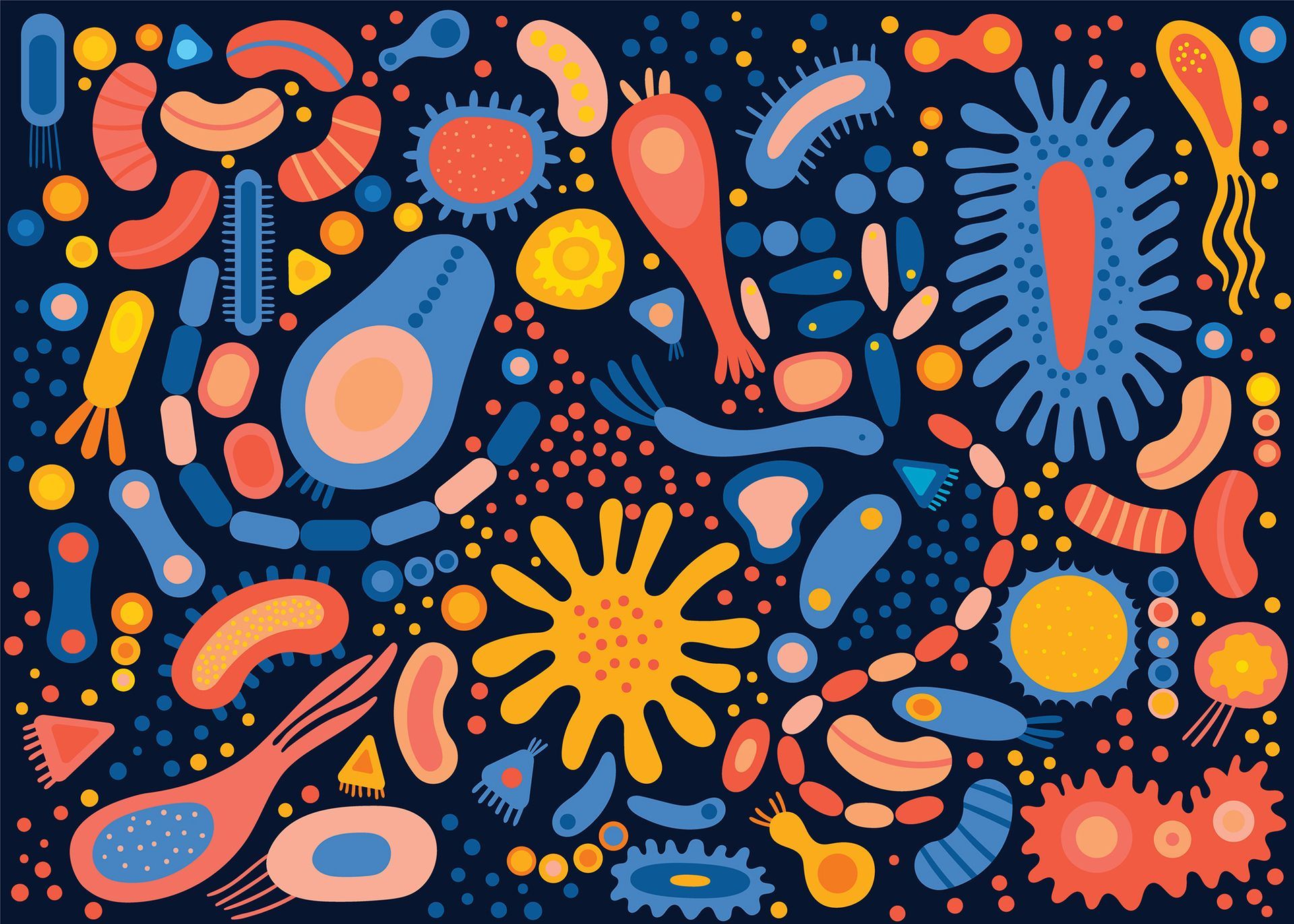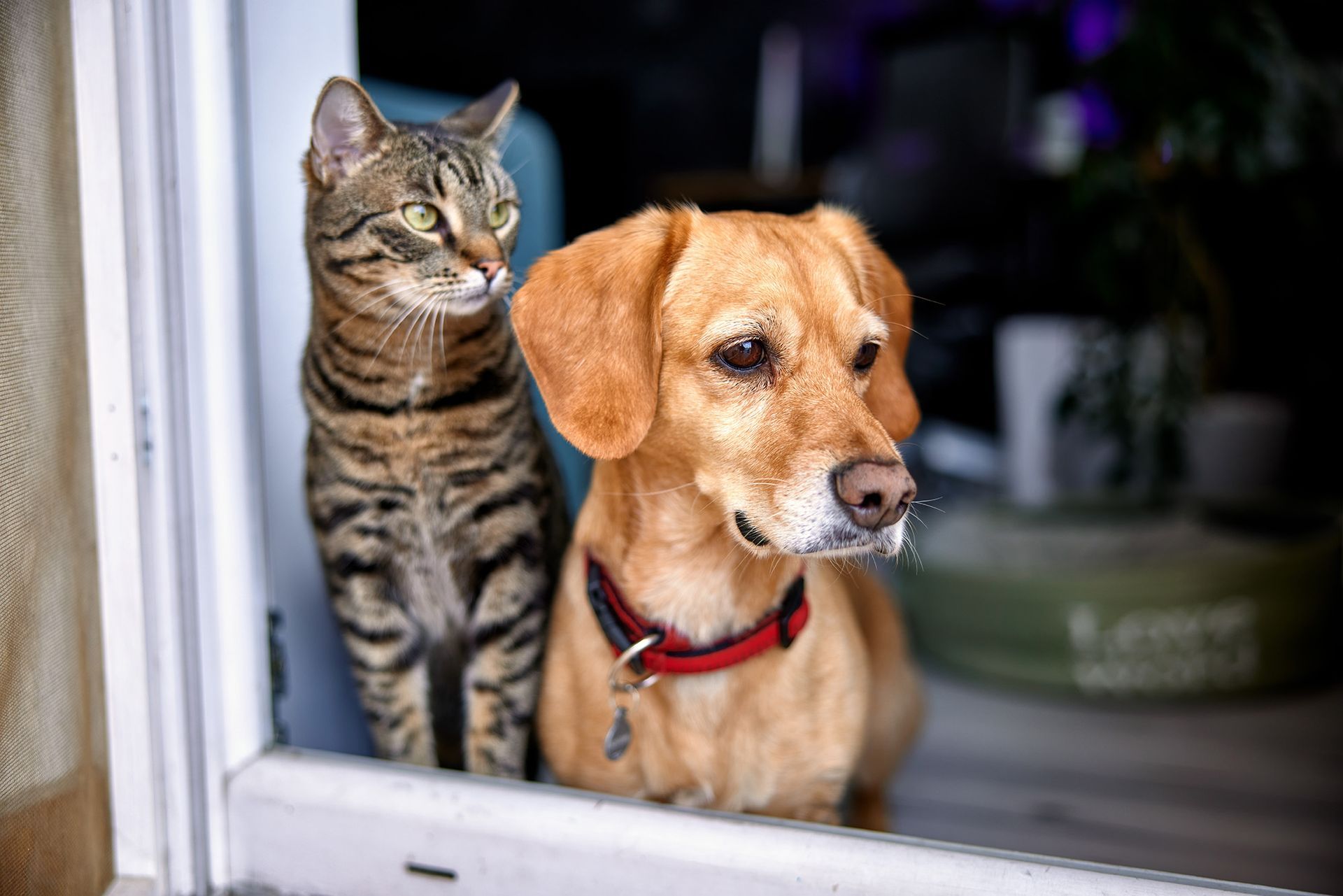Beating COVID-Fever and Quarantine Boredom
Experts offer tips for staying grounded, focused in unprecedented times
With the numbers of COVID-19 taking another spike, many are suffering “COVID-fever,” similar to cabin fever, that comes with being quarantined for long periods of time, or repeatedly, due to multiple exposures. Weighing in on how to stay grounded and focused in these unprecedented times are several mental health experts with Show Me Hope Missouri, a free resource for those feeling stressed, depressed or alone.
“I am a disaster mental health manager for Show Me Health, a state program with ideas and projects to help people during this time,” said Sara Johnson, of Clark Community Mental Health Center. “We are tasked with building community and individual resources to help build people resilience, and to learn of community resources to help people with their needs.”
That includes sourcing assistance for those unable to pay their bills, locate food pantries and even deliver groceries for those quarantined.
“As the pandemic rolls out, early research shows people are developing hostility, fear and uncertainty,” she said. “People are really struggling.”
Some of those who are confined to congregate care facilities, or those hospitalized in isolation units at area hospitals are suffering what experts call ‘isolation sickness.’ Anyone isolated for a long time may be missing their family or friends. We are trying to find ways to help them connect.”
Johnson has a team of individuals who work with her on the local level, Kelly Cochran, Linday Wheeler and Sondra Buckner.
“We try to keep our finger on those who are suffering significant loss,” Johnson said. “We are also focusing on those health care workers who have been enduring this for a long time, the people who are dedicated to helping others. And the pandemic is getting worse instead of better.”
Johnson and her team have researched those on the front lines of World War II, and how they coped with the constant stress, as well as those who responded to the 9-11 crisis in New York City, the Pentagon and other targeted areas of the country.
“This is trauma,” she said. “People are afraid and they don’t even know they are. People are just trying to survive. As a people, our sense of security has been damaged, and we are seeing some uncommon responses in return. People are clinging to things that make them feel safe, that give them purpose and something to focus on.”
Johnson also said people are experiencing fried overload.
“There has been too much loss over a short period of time,” she said. “People can’t fully experience a single loss before being hit with the next.”
Some of the controversies surrounding COVID-19 include masking versus those who don’t believe in the benefits of masking.
“Everyone has feelings about it,” she said. “Strong ones. No matter what side of the issue they are on. In addition, anxiety and depression is spiking in the community. People are social animals. We can’t be alone for so long without some kind of support.”
“For January, we are going to focus on the Norwegian philosophy of living a Hygge Life.”
Hygge is a Danish and Norwegian word for a mood of coziness and comfortable conviviality with feelings of wellness and contentment.
As a cultural category with its sets of associated practices, hygge has more or less the same meanings in Danish and Norwegian, but the notion is more central in Denmark than in Norway.
Examples of hygge include: spending quality time with friends and family; avoiding multi-tasking; removing stressors; leaving work at a reasonable time; wearing comfortable clothing; bringing the great outdoors indoors with plants; softening and simplifying your home with hygge decor; or designating a hygge nook. The essence of hygge is togetherness, relaxation, indulgence, presence, and comfort.
“January is one of the hardest months of the year for people to cope,” Johnson said. “With the essence of hygge, we want to teach people to connect to this idea of a simpler life and state of mind. We want people to create simple rituals to cope in January. Cuddle up with a good book, warm blanket and cup of hot tea; light candles on the fireplace and watch a movie and eat popcorn. Create small events to help celebrate winter.”
For now, the pandemic is still at the forefront of the minds of many people, and learning to take care of one’s self is essential to surviving the long-term effects of quarantine and isolation.
“We all experienced a moment in March 2020, and we have not recovered from it yet,” Johnson said. “But there is another side to all of this. We are a resilient people. I have seen the most wonderful things and acts of altruism when walking through this community. You hear people’s hope and concern and see them reaching out to help their fellow man.”
The secret, Johnson said, is letting go.
“Don’t set your expectations too high,” she said. “Balance things. You are surviving. Make it workable for your family. Create a routine. And most importantly, take care of yourself and your body. Eat, drink and sleep. You have the right to take care of yourself.”
Those who feel they are in need of resources or some extra support during this time may call the Missouri Show Me Hope Helpline at 1-800-985-5990, or the Clark Community Mental Health Center at 417-235-6610, ext. 120.
“We are also starting a program called Hope Rocks. We are painting messages of hope and our helpline number and placing them along trails, in the park and other areas where they can be found. We have school kids writing Hope Notes, which will be delivered to the elderly in congregate care facilities."
- Sarah Johnson,
Clark Community Mental Health Center



